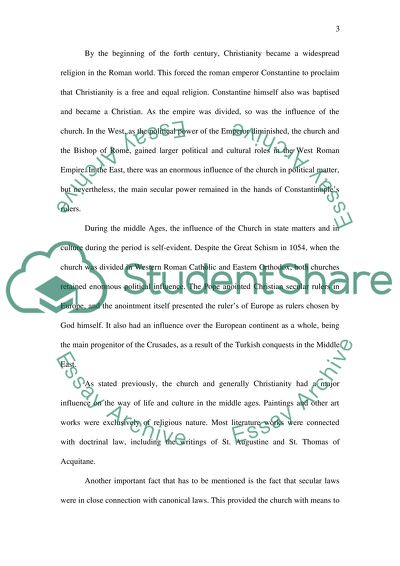Cite this document
(“Theism in a Postmodern World Essay Example | Topics and Well Written Essays - 2000 words”, n.d.)
Theism in a Postmodern World Essay Example | Topics and Well Written Essays - 2000 words. Retrieved from https://studentshare.org/miscellaneous/1515257-theism-in-a-postmodern-world
Theism in a Postmodern World Essay Example | Topics and Well Written Essays - 2000 words. Retrieved from https://studentshare.org/miscellaneous/1515257-theism-in-a-postmodern-world
(Theism in a Postmodern World Essay Example | Topics and Well Written Essays - 2000 Words)
Theism in a Postmodern World Essay Example | Topics and Well Written Essays - 2000 Words. https://studentshare.org/miscellaneous/1515257-theism-in-a-postmodern-world.
Theism in a Postmodern World Essay Example | Topics and Well Written Essays - 2000 Words. https://studentshare.org/miscellaneous/1515257-theism-in-a-postmodern-world.
“Theism in a Postmodern World Essay Example | Topics and Well Written Essays - 2000 Words”, n.d. https://studentshare.org/miscellaneous/1515257-theism-in-a-postmodern-world.


